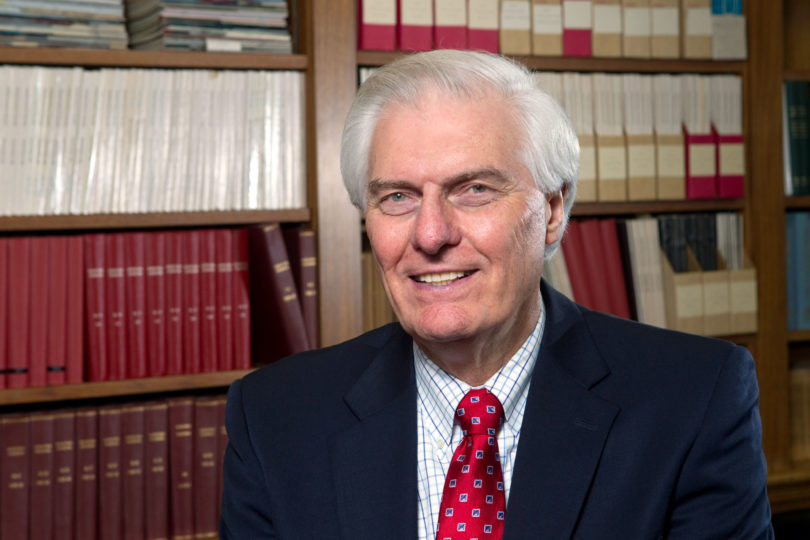Engineers develop video games and play with robots. They also work to ensure we have safe food, clean water and alternative energy. In addition, they design buildings and transportation systems, solve problems like air pollution, come up with ideas for improving artificial limbs and improve irrigation systems. A lot more of these students who design, develop and test the imperative systems of our lives will be on campus learning in the university’s new College of Engineering.
“Engineering is the discipline that transforms knowledge into those devices, processes and systems that lead to commercialization and economic development,” said Dale Threadgill, founding dean of the engineering college.
The Faculty of Engineering and the department of biological and agricultural engineering were merged to form the new college, which will meet the growing demand for engineering education in Georgia.
“Slightly less than half of the students who indicated they wanted an engineering degree and earned high enough on the SAT to achieve one were able to find a seat in the University System of Georgia,” Threadgill said. “And, based on annual hires, only about half of the engineering jobs in the state were filled by those educated in Georgia.”
Enrollment in the first semester at the engineering college is reported at 746 students, 220 of which are freshmen and transfer students. Threadgill expects that number to rise to 1,200 by fall semester 2015.
“We aspire to graduate practicing engineers,” Threadgill said of the coursework that incorporates project-based learning. “Implementing design courses at the sophomore level, students gain an early appreciation of the application of the coursework they are studying. And, they learn to translate knowledge into practical use.”
The university’s College of Engineering is the only school in Georgia where students can receive specialized degrees in agricultural engineering and biological engineering.
The 48 faculty members in the college will work “without departmental boundaries,” said Threadgill, who envisions a more flexible structure that allows for groups to form around issues and interests that are multidisciplinary.
“Unlike problems we may have faced 50 to a hundred years ago when most problems could be addressed within a discipline, the problems today are far too complex for a single discipline to really address an issue,” Threadgill said. “You need multiple -disciplines, and those well beyond engineering, to solve the complex problems of the 21st century.”








